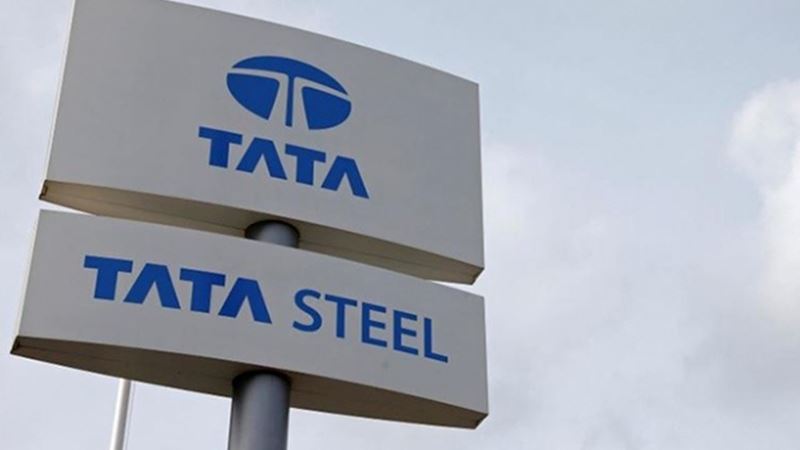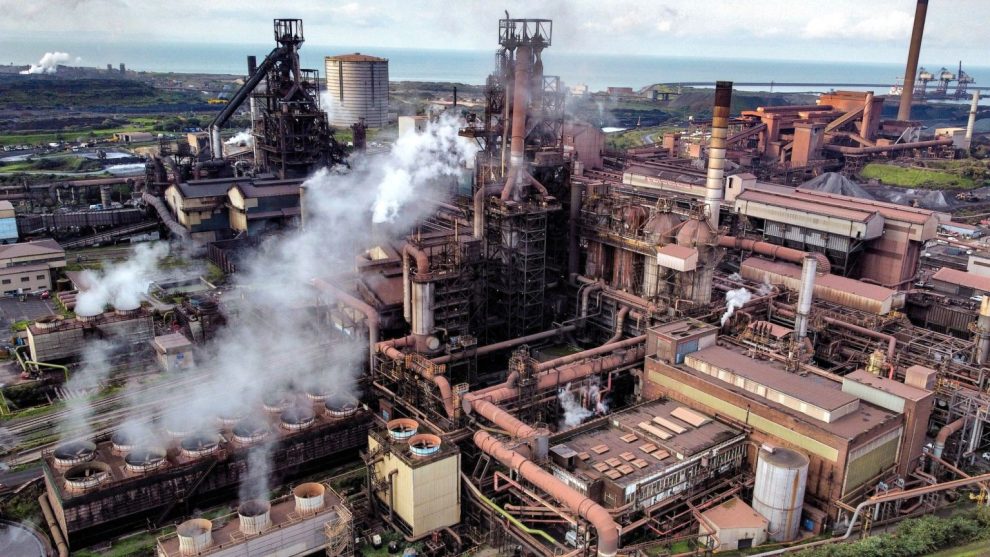IT has been confirmed this week that at Tata Steel’s south Wales operations, over 2,000 workers have applied for voluntary redundancy as the company embarks on a major restructuring effort. The majority of these applications are from employees at the Port Talbot site, where Tata Steel plans to close its second blast furnace within a month.
The steel giant, which has announced plans to cut 2,800 jobs across the UK, has started the process of assessing whether the roles of those expressing interest in redundancy can be eliminated. The first wave of job losses is expected to occur within the coming weeks.
This redundancy initiative has sparked concern among the workforce and has led to unions pledging to ballot their members on whether to accept the redundancy terms. The terms, described as the most generous ever offered by the company, include a payment of 2.8 weeks’ salary for every year of service, capped at 25 years. Additionally, workers will receive a minimum payment of £15,000 along with an attendance-related bonus of £5,000.

A Tata Steel spokesperson commented: “We are currently working through how people’s aspirations may align with the future organisational structure requirements. While we have made significant efforts to assemble a support package that will assist those affected in transitioning out of the business, it is equally critical that we retain our core knowledge, skill base, and experience during these challenging times.”
The unions representing Tata Steel workers – Community, Unite, and the GMB – have reached an agreement to allow members to vote on the redundancy package. This vote is anticipated to take place in the near future, with union insiders expecting widespread support from staff following extensive discussions with the company.
The restructuring plan will result in 2,800 job losses across the UK, including around 300 positions at Llanwern near Newport, which are expected to be affected in three years’ time. For the 2,500 jobs at risk this year, it is estimated that 300 to 400 workers may face compulsory redundancy. These figures are subject to change as the company and unions navigate the voluntary redundancy process and explore opportunities to redeploy affected employees within the business.
The closure of the second blast furnace in Port Talbot, scheduled for 28 September, will mark the end of steel production from iron ore in south Wales. Tata Steel intends to invest £1.25 billion in constructing an electric arc furnace, which will produce steel by melting scrap metal, as part of its transition to greener technology.
The UK government is expected to finalise an agreement with Tata Steel in early September, providing £500 million in funding for the new electric arc furnace. In addition, Labour has committed a further £2.5 billion towards the future of steelmaking in the UK. Unions have urged the government to allocate some of these funds to other investments in south Wales, such as the addition of a plate mill at the Port Talbot site, which could produce steel plate for offshore wind turbines.
Tata Steel’s spokesperson emphasised the company’s ongoing collaboration with the UK government to finalise discussions around its investment in steelmaking, stating: “Our commitment to ending blast furnace production and investing in greener technology would reduce our carbon emissions by at least five million tonnes a year and support UK steel sovereignty.”
The spokesperson added that the company is working closely with trades union colleagues to finalise a memorandum of understanding regarding the restructuring and transition to green steel. The company expressed hope t















